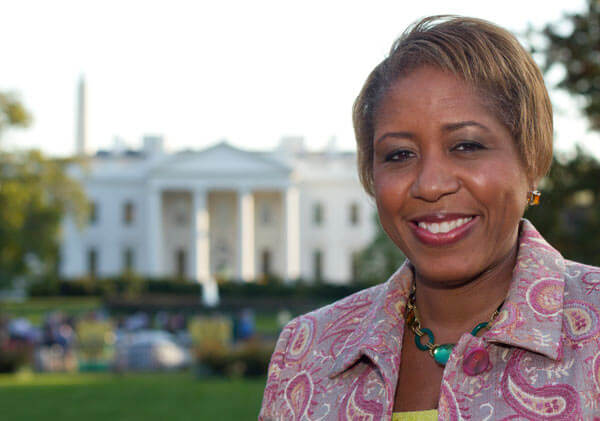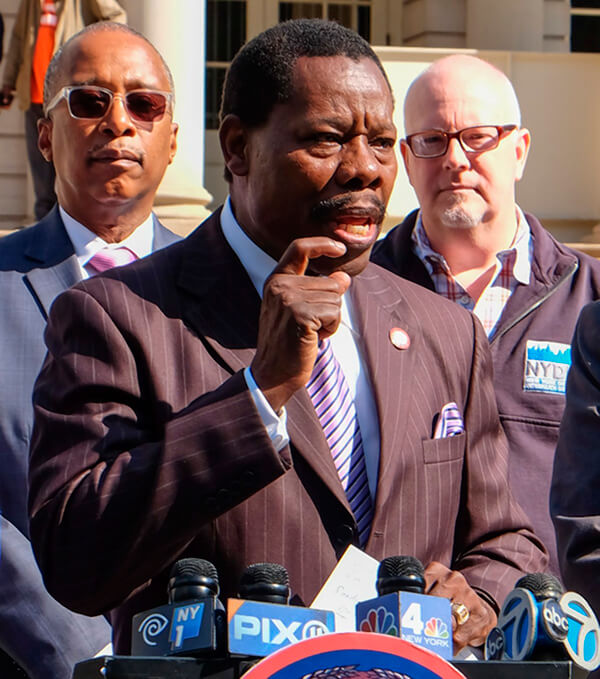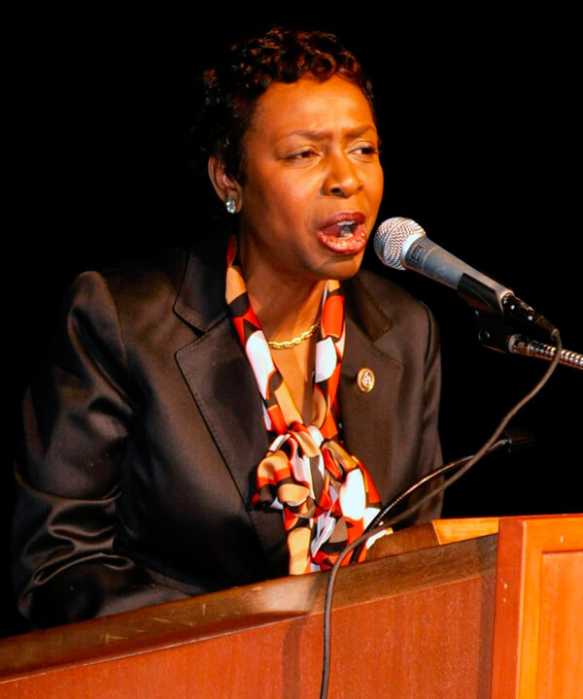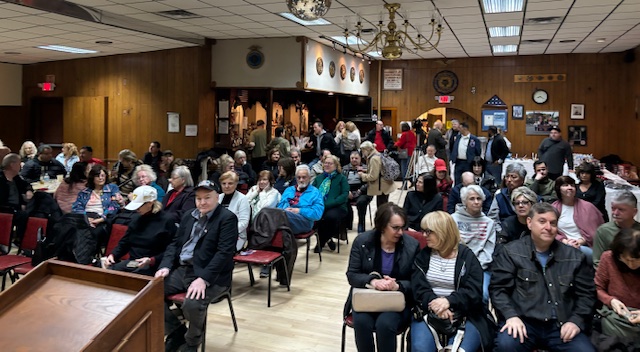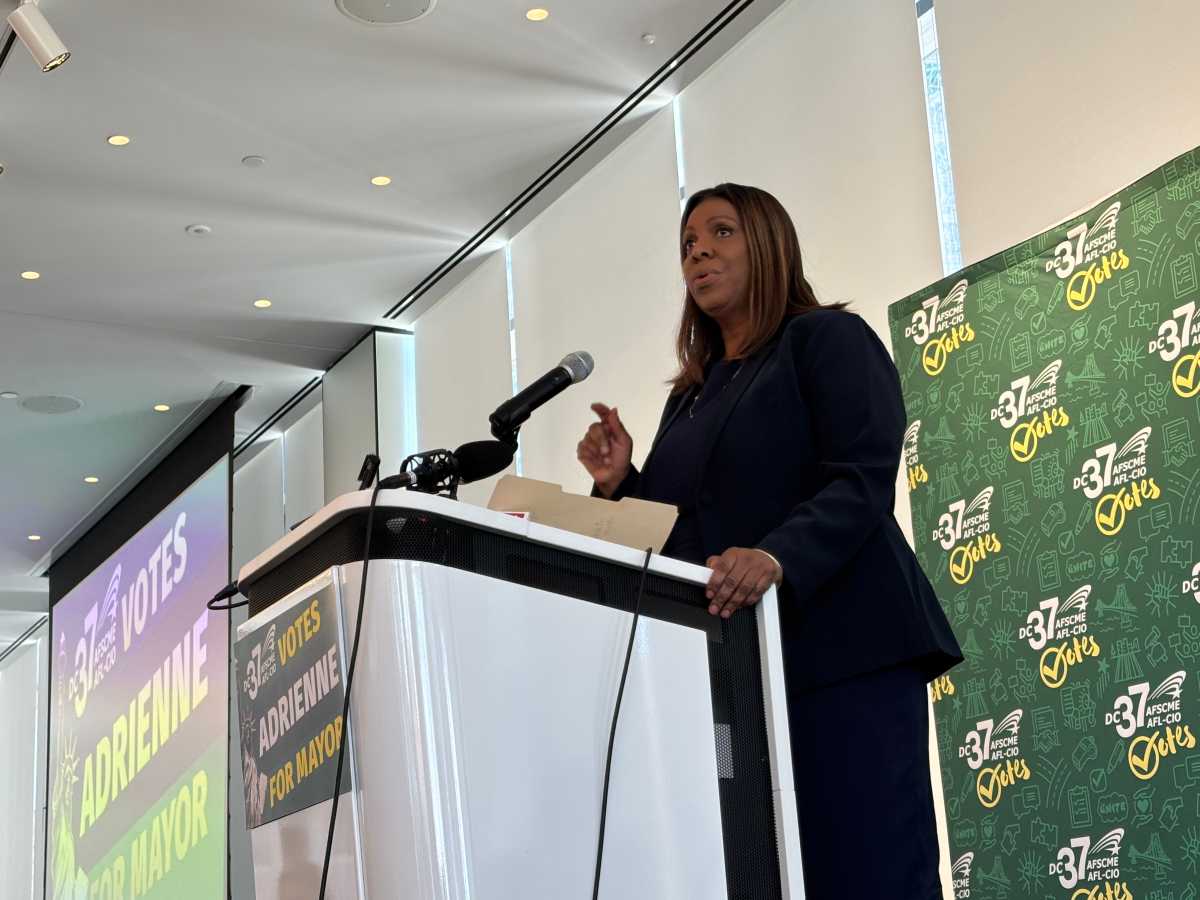We raised here recently the issue of national parties in the U.S. being organized and run in a manner that leaves us mystified as to whether “national” leadership of the country’s two dominant parties really does exist. The riddle seems to have come front and center this year among Republicans, with so many of them who conceivably are of “leadership” rank having been at odds with where the party’s formal leadership apparatus, the national committee, has taken them in the search for a presidential nominee. How the parties function was a storyline out of last week’s New York Democratic primary as well, the issue there being who could and could not cast a vote.
The decentralized format that has been standard for both parties no doubt has its advantages. The idea of power to make their own rules being in large measure reposed in state party organizations has probably worked to the satisfaction of most…until perhaps a situation arises —like Donald Trump as presumptive GOP nominee — that engenders second-guessing about the nomination process. And questions from critics about why the “leadership” didn’t move preemptively against what they see as an impending Trump train wreck.
The hue and cry last week with respect to New York Democrats was an altogether different one, involving folks being denied the chance to vote. The bigger headlines centered on a purge of the voter rolls in Brooklyn that inadvertently made many thousands of voters ineligible — a more or less indefensible faux pas for which one electoral office figure promptly found herself skating on thin ice. But of more relevance to how the
Democratic Party conducts its affairs, there was an uproar among some independent voters because of their not being allowed to vote in the Democratic primary. To which the only question we would pose is: Why is this an issue?
The rules governing voting which state party organizations craft for themselves are probably the area most susceptible to overreach by those in whom this power is vested. It would be no surprise, for instance, that objective observers found the concept of open primaries somewhat of a head-scratcher. We have difficulty assessing the notion of permitting Republicans to vote in a Democratic primary or vice versa as anything but a perversion of what the democratic ideal is intended to be.
Yet, there are a number of states where this is permitted. If there’s some rationale behind the whole business of having citizens register as members of a given party, surely the greater part of it is according persons who are affiliated with a particular party the right to select who gets to represent the party in a presidential or other election. If that foremost right of party affiliation is watered down by having non-party members also participate in candidate selection, the party registration routine would seem to be mere sham. Really, what’s the point of being a registered Democrat or Republican if there remains an open door to manipulation of the candidate selection process by persons who aren’t declared party members?
An eye toward manipulating the system is precisely what constituted the pushback against those independents and the Bernie Sanders campaign folk who cried foul when many independents found themselves shut out of the Democratic primary. There appeared, in truth, to be no calculated attempt to sideline independents from the process, more a case of many independents not adhering, innocently or otherwise, to the Democratic Party’s stipulations for changing party affiliation. As surely as it is any voter’s prerogative to switch political affiliation, so is it that voter’s responsibility to observe the guidelines set, in this case by the New York Democratic organization, for becoming a registered Democrat and being eligible to vote in last week’s primary. Sanders supporters who, thinking his nomination chase with Hillary Clinton was becoming more of a duel than earlier imagined, sought to switch beyond the designated deadline, had only themselves to blame. Not that it mattered anyway, given Clinton’s eventual margin of victory.
But the convoluted landscape, as far as how the election process is handled in the states, seems to make the case for looking anew at the need for a true central authority in our so-called national parties, the better to attempt a streamlining of how elections are done.
Is it good enough that there be a “Do your own thing” message to the states in so important a piece of the democratic fabric as election ground rules? Alas, given the lay of this land, smart wagering points to most of the players thinking the status quo to be just fine.


